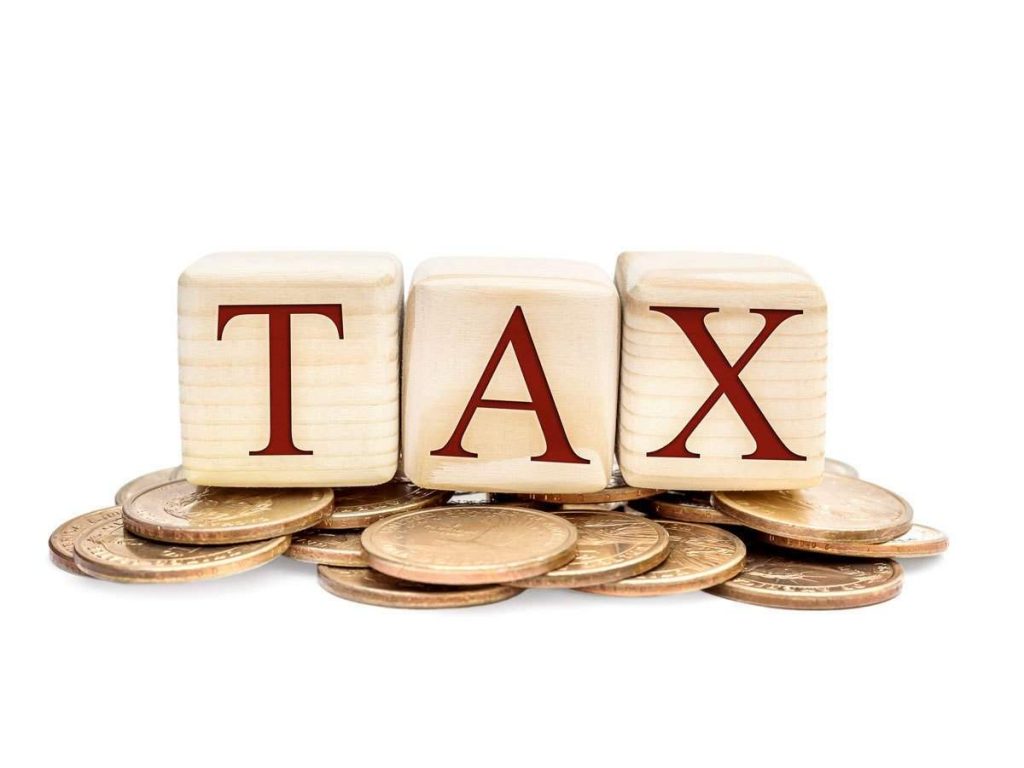In 2009, the Lagos State Government enacted the Hotel Occupancy and Restaurant Consumption Tax Law of Lagos State (“Consumption Tax Law”). The Consumption Tax Law imposes a Consumption Tax of 5% on goods and services consumed in hotels, restaurants and event centres within Lagos State. Subsequently, Lagos State introduced the 2017 Fiscalisation Regulations (the “Regulations”) which granted the State powers to install electronic fiscal devices to monitor the tax at the point of sale of goods and services consumed in hotels, restaurants, and event centres.
The Registered Trustees of Hotel Owners and Managers Association of Lagos (“HOMAL”) challenged the Lagos State Consumption Tax Law and the Regulations on the ground that Value Added Tax (“VAT”) covered the field; that is, it is the only valid consumption tax applicable across Nigeria. In 2019, the Federal High Court (“FHC”) dismissed the suit and held that VAT did not cover the field given that the Constitution did not vest powers on the Federal Government to legislate over consumption tax on individuals or goods and services consumed in hotels, restaurants and event centres. The Court also restrained Federal Inland Revenue Service (“FIRS”) from imposing VAT on goods and services consumed in hotels, restaurants, and event centres. Displeased with the Judgment, the FIRS appealed to the Court of Appeal (CoA) and subsequently secured a stay of execution pending the outcome of the appeal.
Decision of the Court of Appeal
On Friday, 1 July 2022, the CoA set aside the Judgment of the FHC and affirmed the authority of the FIRS to collect VAT from all taxpayers including for goods and services consumed in hotels, restaurants and event centres. The basis for the CoA decision was that both VAT and Consumption Tax fall under the category of consumption tax. The VAT Act has prescribed the tax on goods and services consumed in hotels, restaurants and event centres, and its provisions therefore prevail over similar State laws on consumption tax such as the Lagos State Consumption Tax Law.
Analysis of Judgment
The CoA Judgment aligns with the reasoning of the Supreme Court in Attorney General of Lagos State v. Eko Hotels Limited & Federal Board of Inland Revenue in 2017. The Supreme Court held in that case that the VAT Act had covered the field of consumption tax, so any similar tax such as sales tax would be invalid and result in double taxation. Another salient point is that the spate of States’ imposition of consumption tax on hotels, restaurants and event centres was a consequence of the Taxes and Levies (Approved List for Collection) Act (Amendment) Order 2015 (“Amendment Order”) which expanded the Schedule to the Taxes and Levies (Approved List for Collection) Act in 2015 to include ‘Hotel, Restaurant or Event Centre Consumption Tax’ as one of the taxes States could impose and collect. The FHC at the trial stage relied on this Amendment Order to uphold the validity of the Lagos State Hotel Occupancy and Restaurant Consumption Law and Regulations.
However, the FHC in 2020 in the case of The Registered Trustees of Hotel Owners and Managers Association of Lagos v. Attorney General of the Federation and Minister of Finance held that the Amendment Order is unconstitutional, null and void. This Judgment is yet to be set aside. The implication is that the Consumption taxes imposed by States for goods and services consumed in hotels, restaurants and event centres are not supported by any valid law.
Thus, one may safely conclude that the CoA decision affirming the powers of the FIRS to collect VAT from the hospitality industry is in order.
Takeaway
A key canon of a good tax system is certainty. The continued legal tussles over consumption tax vis-a-viz VAT is not good for business as it introduces uncertainty. Related to this is the lingering battle between some State Governments and the FIRS on which party has the right to the VAT on goods and services consumed in States. These unresolved constitutional issues create undue complications and adversely impacts on the ease doing business in Nigeria.
The decision of the CoA is a welcome development because this resolves the conflicting decisions of the FHCs on the issue. Recently, the Ogun State Internal Revenue Service (“OGIRS”) had said that it would soon conduct audits of consumption tax dating back to six years. It is not clear whether OGIRS will continue with its plans given the CoA’s decision.
Dispensation of judgments should be accelerated for tax matters. The CoA judgment took about 3 years before it was issued. Lagos State may appeal this judgment to the Supreme Court, which would extend the uncertainty. Recall that the FHC Judgment did not stop the FIRS from sending notices to the business owners requesting for payment of VAT. Until the Supreme Court gives a final decision on this issue, LIRS may keep on requesting payment of consumption tax from the operators of the hospitality industry. It is advisable for operators to assess whether they need to charge their customers for consumption tax or make provisions against their own income due to the uncertainty. It is clear that the decision of the CoA would not be the end of this legal tussle.
Source: PWC
[mks_button size=”medium” title=”Click Here To Download PWC Article” style=”squared” url=”https://lawbreed.blog/wp-content/uploads/2022/07/PwC-Tax-Alert-CoA-upholds-the-FIRS-powers-to-collect-VAT-on-goods-and-services-consumed-in-hotels-restaurants-and-event-centres-1.pdf” target=”_self” bg_color=”#000000″ txt_color=”#FFFFFF” icon=”” icon_type=”” nofollow=”0″]
